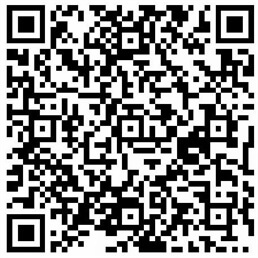Answer:
The Central bank must always be willing to trade currencies at the fixed exchange rate with the private actors in the foreign exchange market to hold exchange rate constant.
Assume central bank fixes exchange rate at E0.
Foreign exchange market is in equilibrium when interest parity condition holds – when R, the domestic interest rate, equals R*, the foreign interest rate, plus (Ee – E)/E, the expected rate of depreciation of the domestic currency against foreign currency.
E0 is today’s equilibrium exchange rate only if:
R = R*
To hold the domestic interest at R*, the central bank’s foreign exchange intervention must adjust the money supply so that R* equates aggregate real domestic money demand and the real money supply:
MS/P = L(R*,Y)
When central bank intervenes to hold exchange rate fixed, it must automatically adjust the domestic money supply so that money market equilibrium is maintained with R = R*.











暂无评论内容